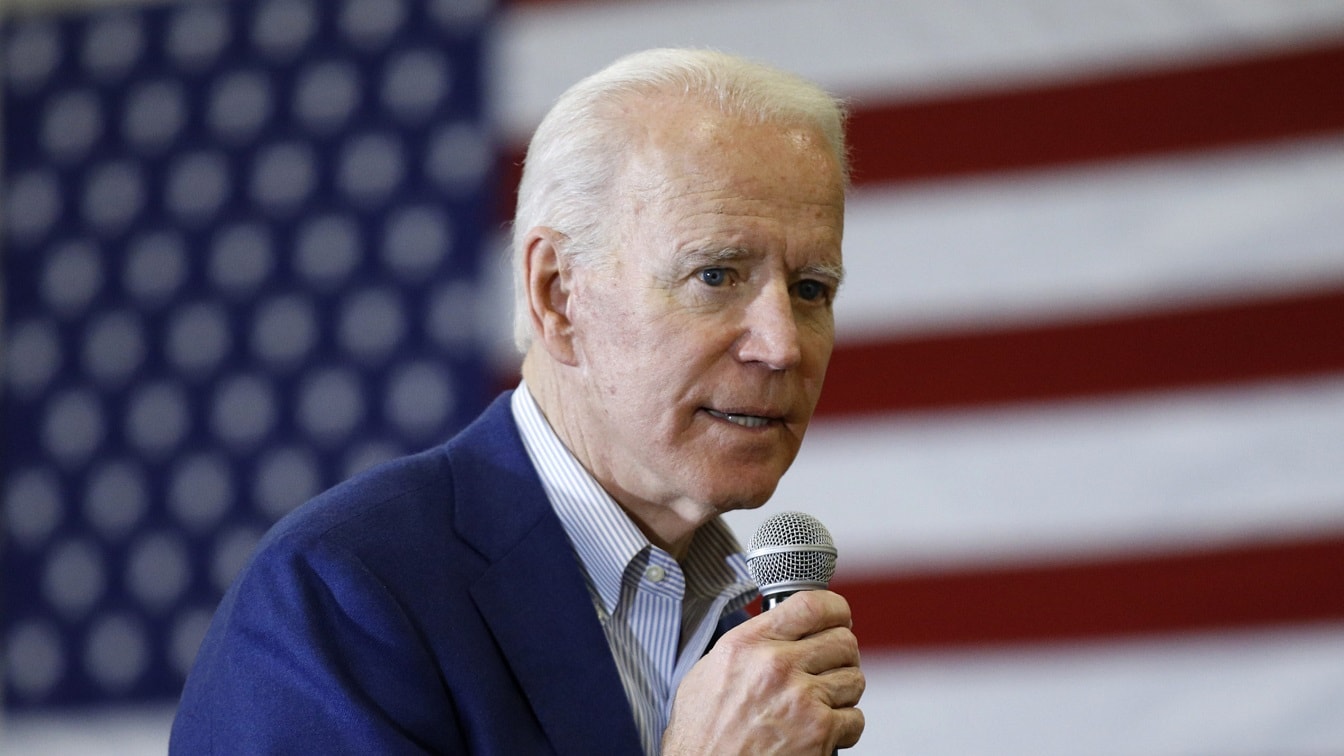Biden Shifts Focus to Trump and MAGA As Democrats Struggle to Inspire 2022 Voters – With few successes for the Democrats to campaign on this year, President Joe Biden dramatically changed his approach to talking about the last administration.
Instead of casual nods to former President Donald Trump and the policies Biden campaigned against in 2020, the president labeled the former president the “great MAGA king” during a speech on Wednesday.
The president also offered an insight into how he and his party will campaign in the run-up to the 2022 midterms and potentially the 2024 presidential election.
“I think it’s important that, as we go forward, you’re gonna hear me talking more about not only what we’ve done, but what they’re trying to do,” Biden said during a fundraising event in Chicago.
Outgoing White House press secretary Jen Psaki also defended the comments when asked if the White House considers the comments conducive to “unifying” the country.
“Well, I would say that the president is not afraid to call out what he sees as extreme positions that are out of line with where the American people stand,” Psaki said.
Six Months of Research
The Washington Post reported this week that President Joe Biden’s sudden pivot to former President Donald Trump and his use of the phrase “MAGA” as an attack was no accident but the result of a six-month-long research project to find the best way to hurt Republican candidates ahead of the midterms.
After performing focus groups and polls, Hart Research and the Global Strategy Group determined that the word “MAGA” was viewed more negatively by voters than phrases like “Trump Republicans.”
The research found that in some parts of the country, more than twice as many voters said that they would be less likely to vote for a candidate if they were described as a “MAGA Republican.”
Researchers even told the Democrats that voters agreed that the Republican Party had become more extreme in recent years. As with all data, however, the results can be viewed in different ways. It’s also unclear how these questions were asked and what role the so-called “shy” support of former President Donald Trump plays in this data.
Not all of Trump’s voters respond well to pollsters, mainly over the fear of experiencing some kind of backlash.
While President Biden has repeatedly chosen not to name the former president in previous criticisms of the last administration, his recent pivot to focusing on Donald Trump’s vision for America reflects the Democrats’ need to divert the attention of voters from rising inflation, supply chain problems, and a slow post-pandemic economic recovery.
Should the Democrats fail to find a winning and positive issue to campaign on this year, expect to hear more about the former president’s time in the White House, alleged Republican attacks on “bodily autonomy,” and perhaps a shift away from the progressive “Defund the Police” message that caused Biden trouble during his 2020 campaign.
Jack Buckby is a British author, counter-extremism researcher, and journalist based in New York. Reporting on the U.K., Europe, and the U.S., he works to analyze and understand left-wing and right-wing radicalization, and reports on Western governments’ approaches to the pressing issues of today. His books and research papers explore these themes and propose pragmatic solutions to our increasingly polarized society.

